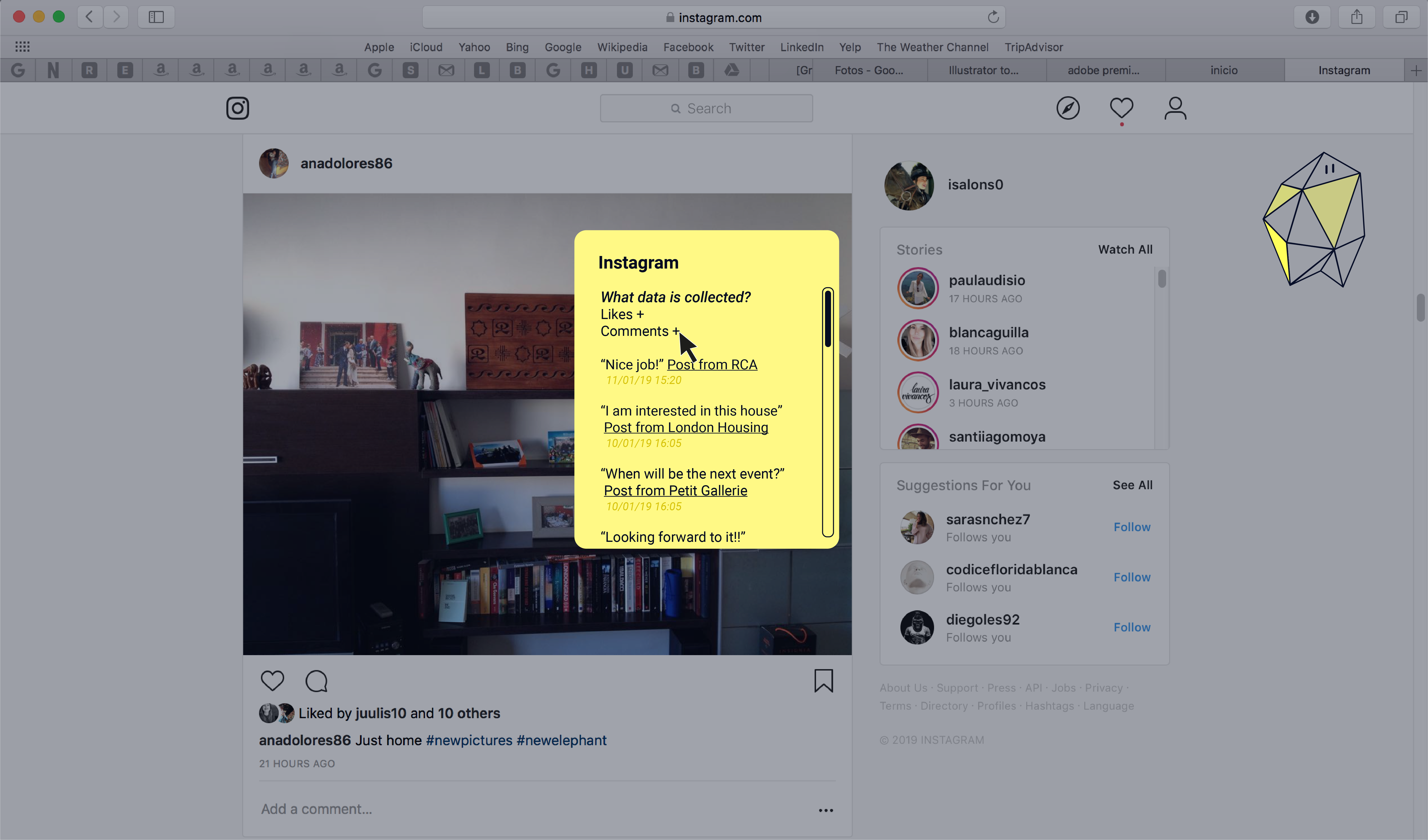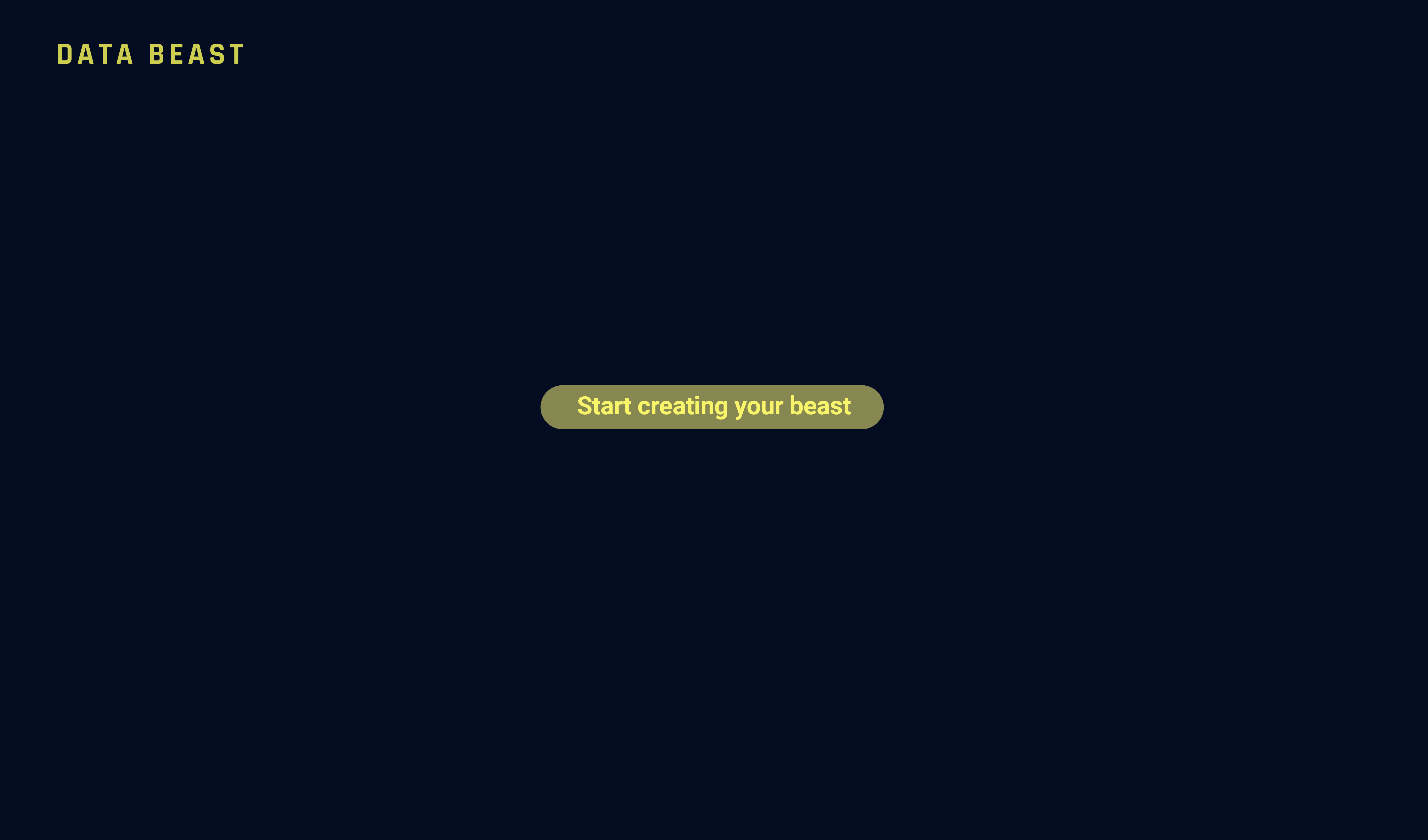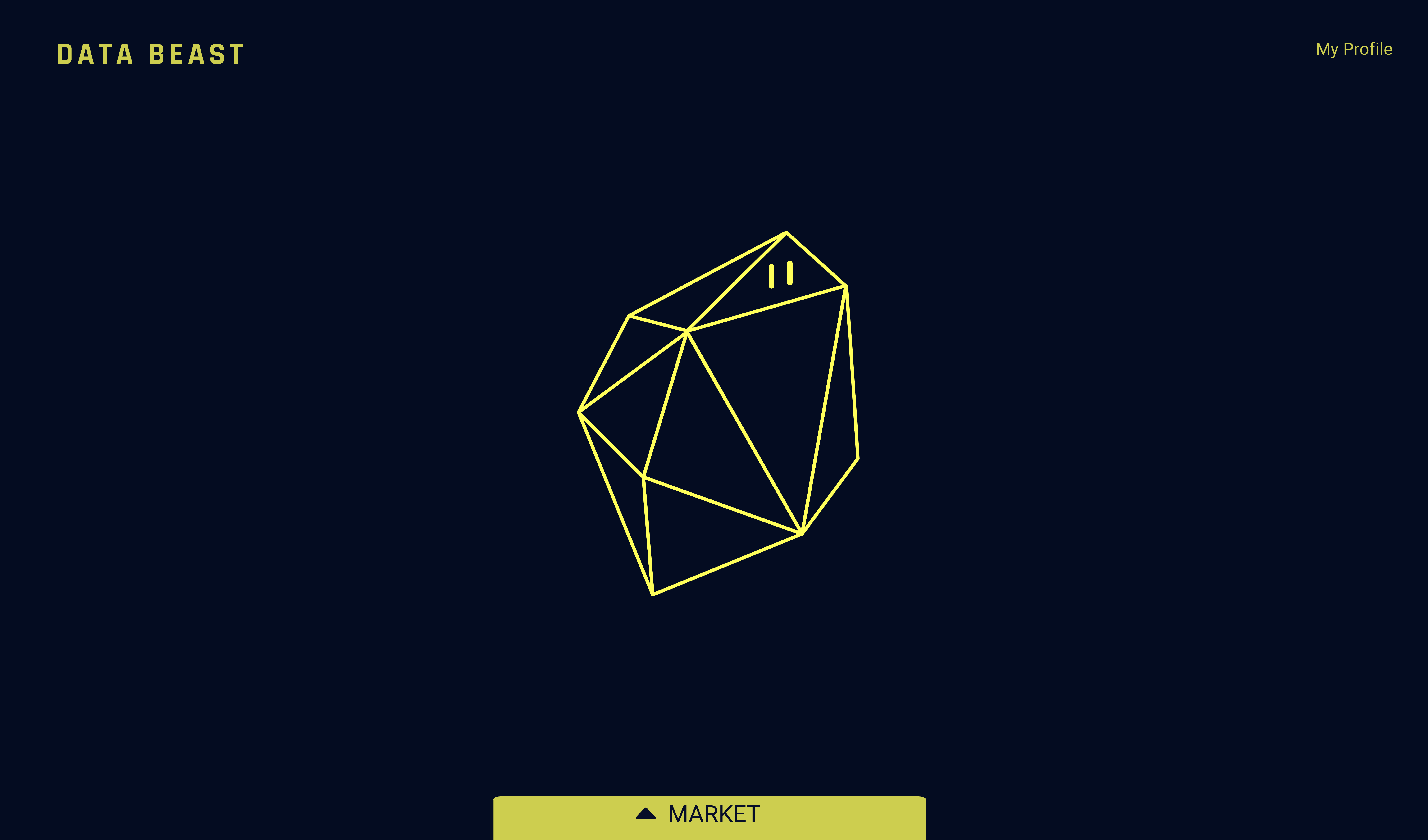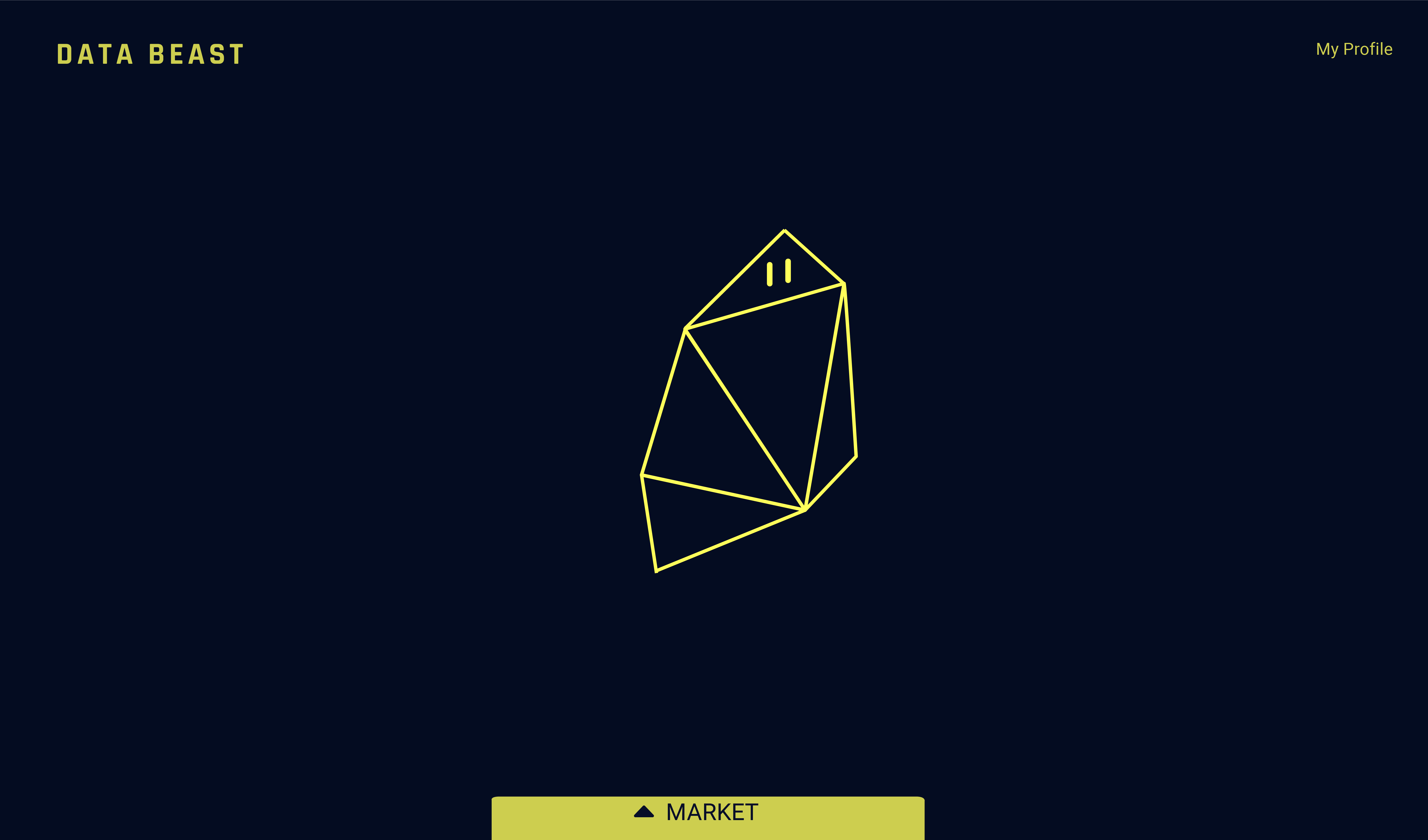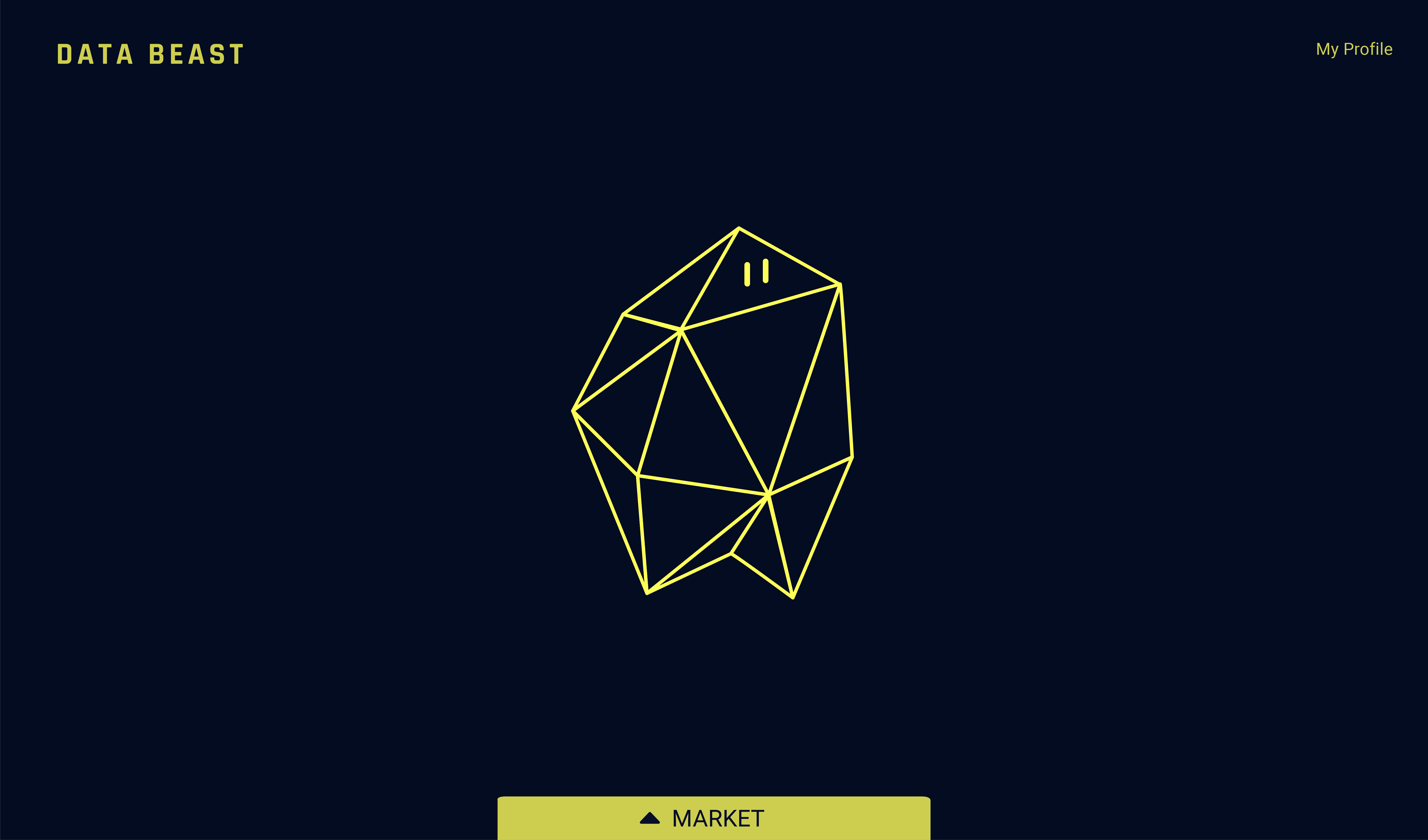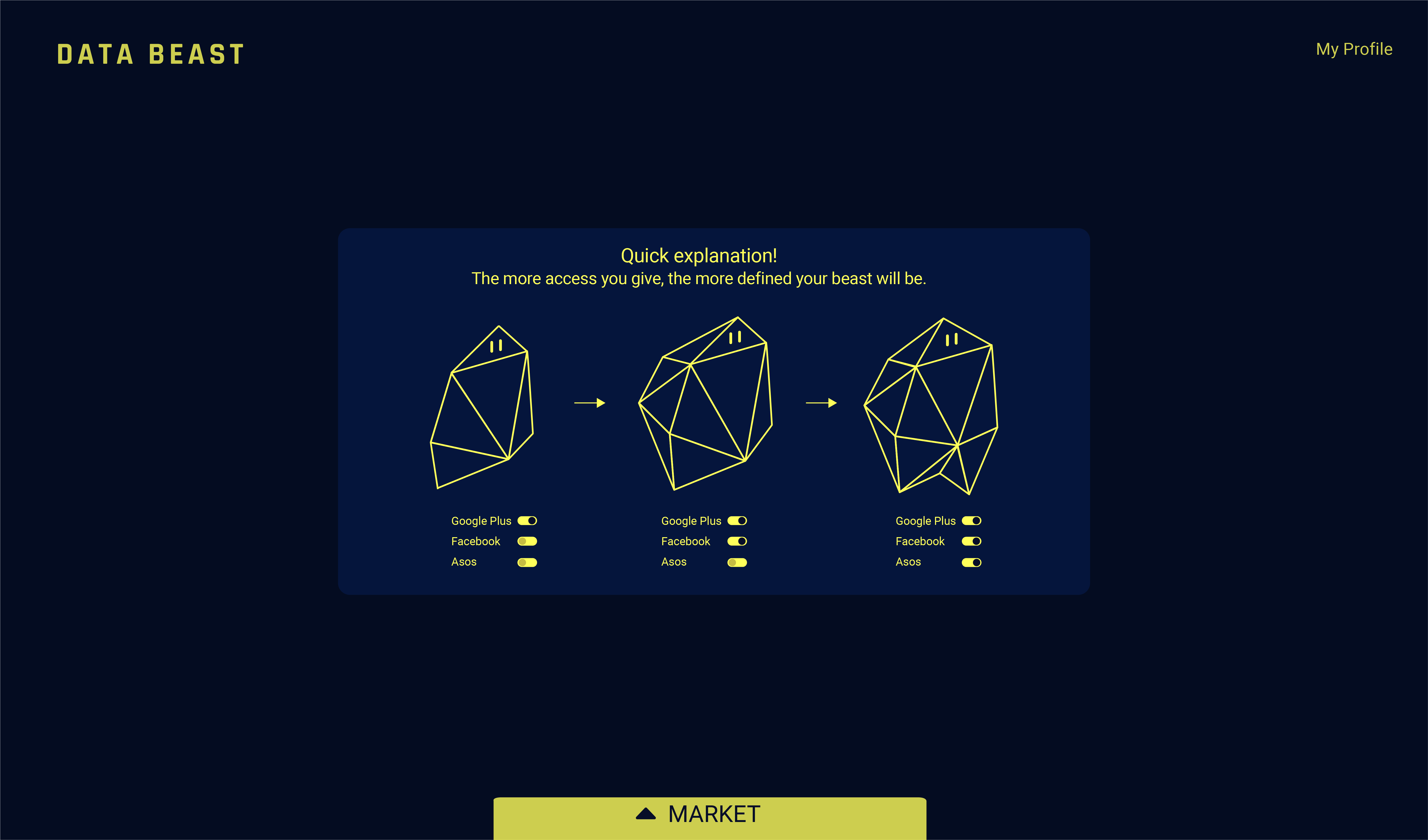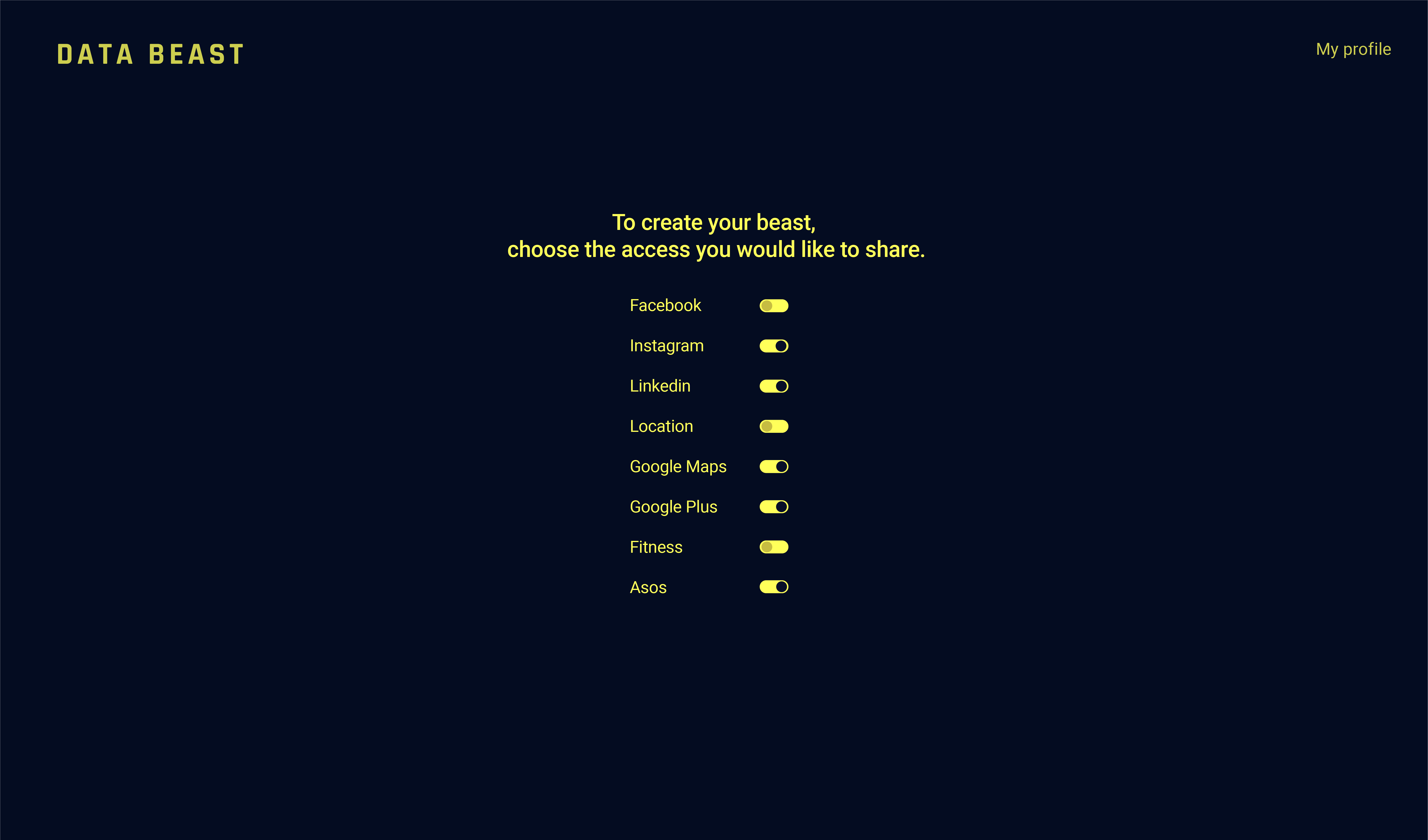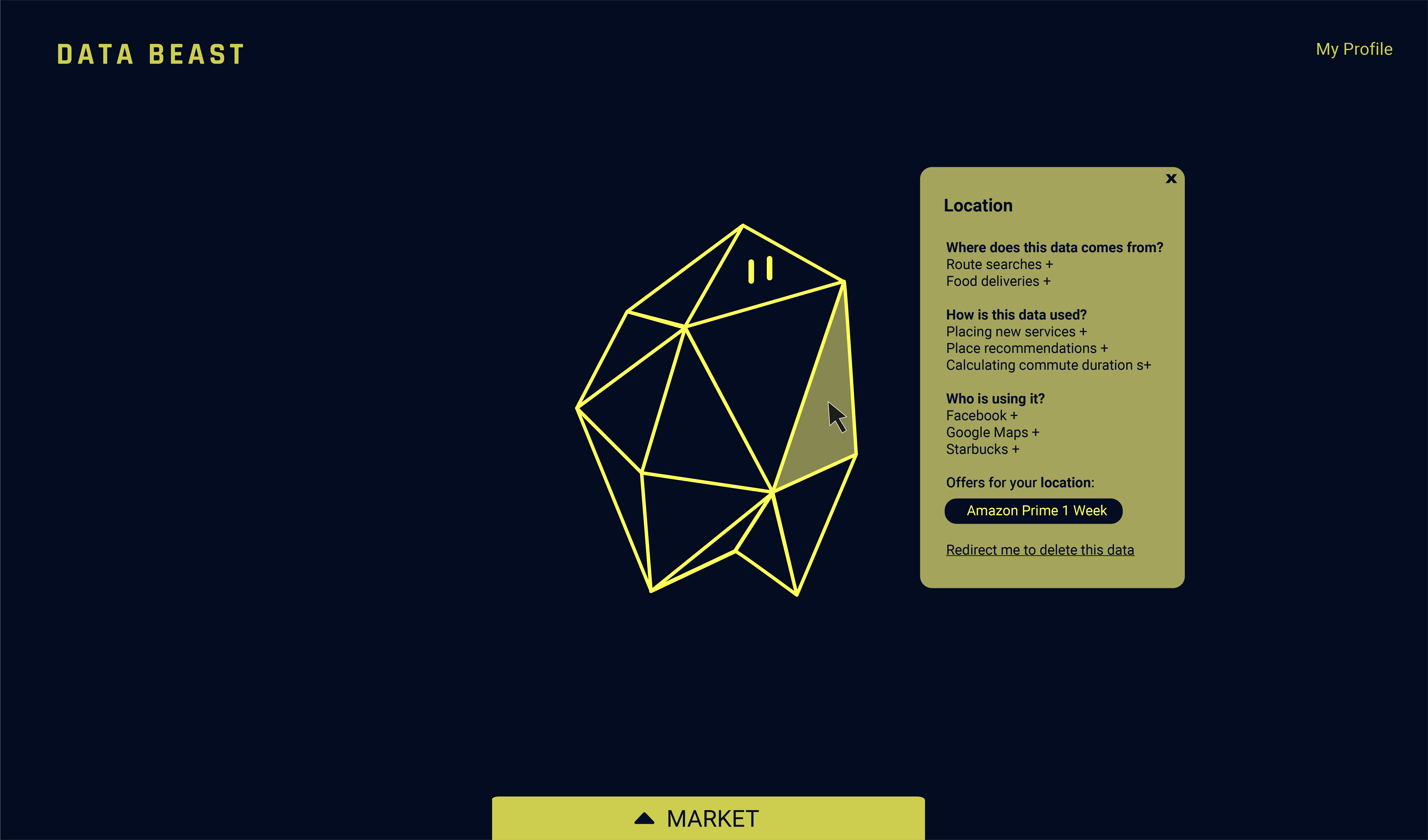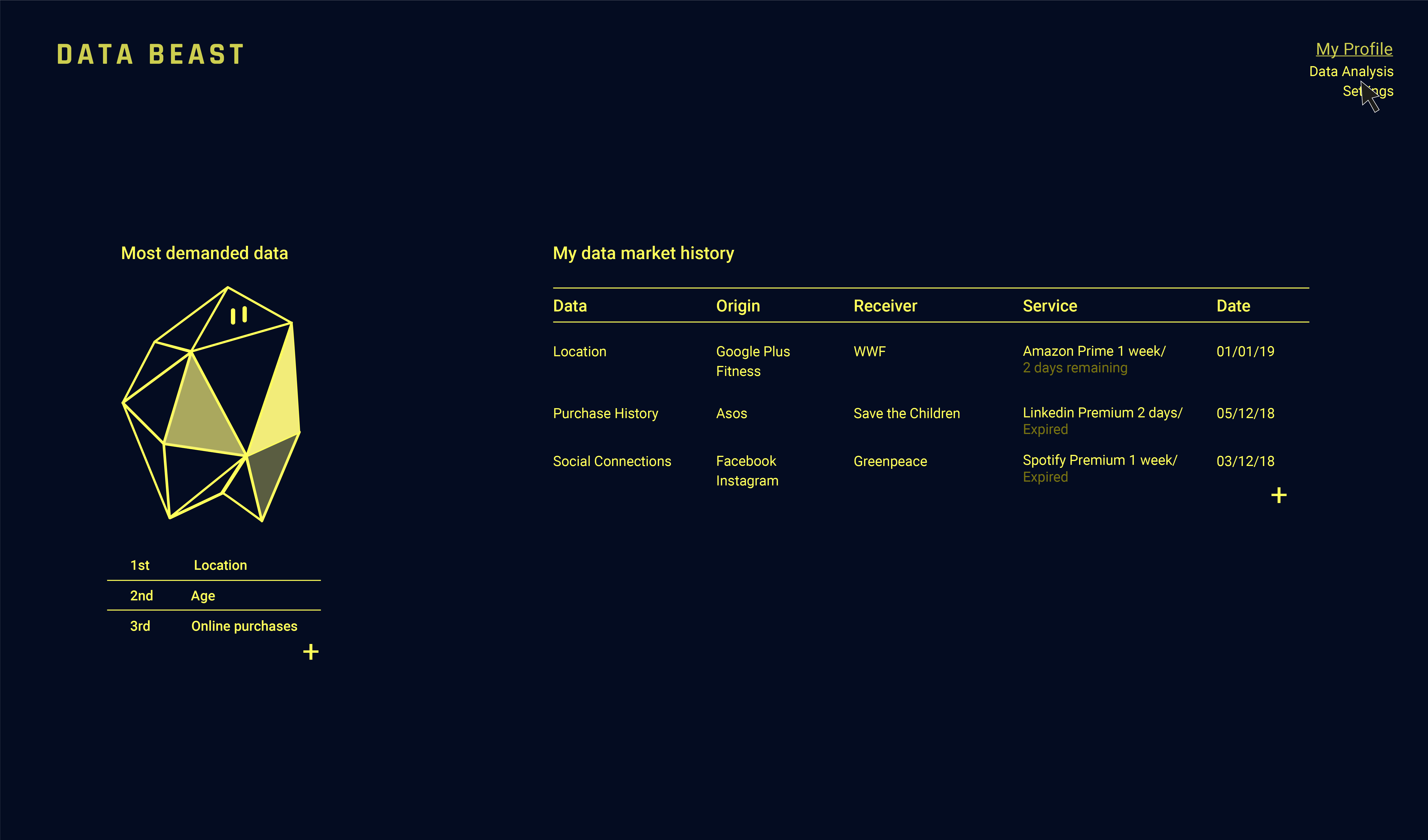Data Beast
Exploring data privacy through anthropomorphism
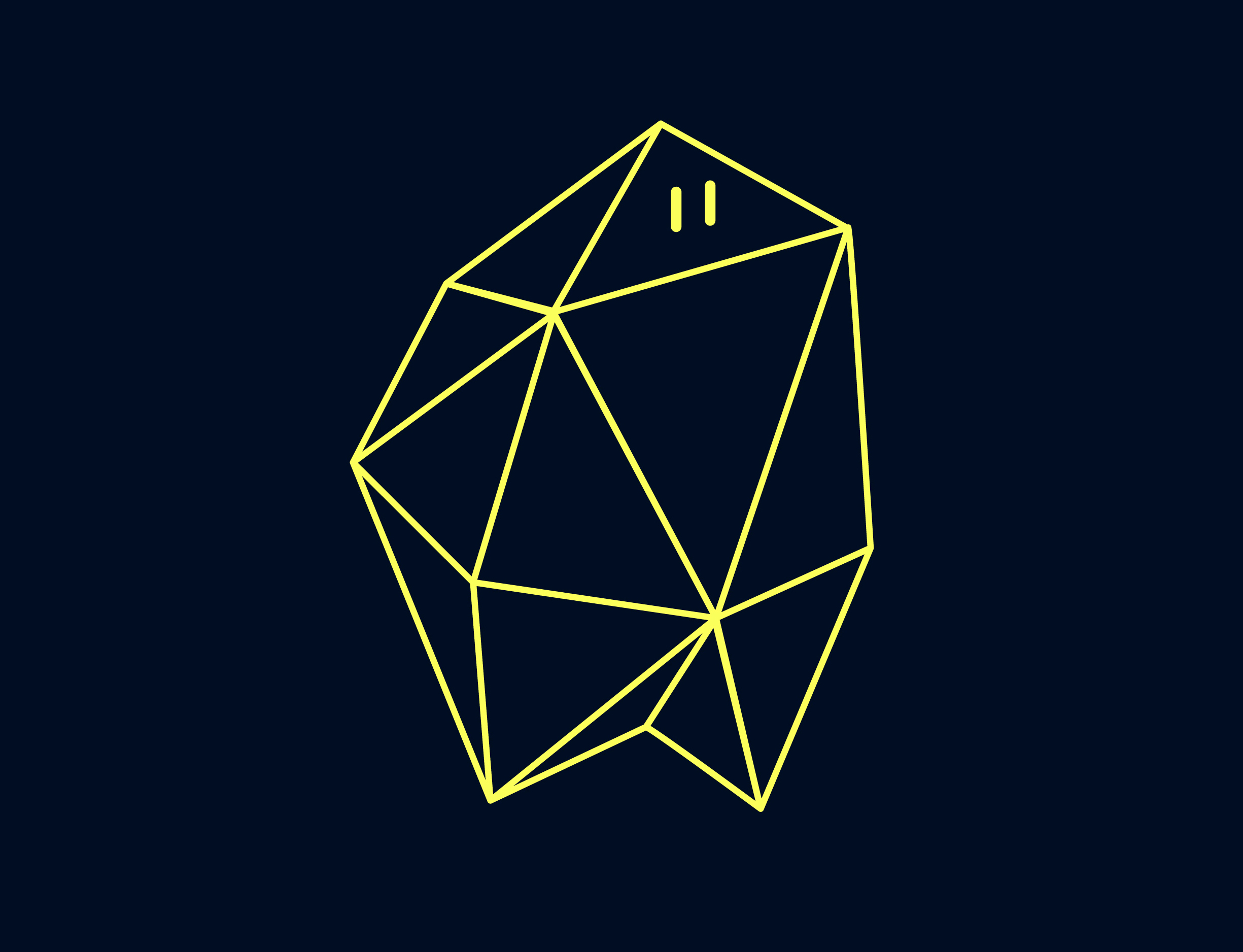
Every year, CERN, the European Laboratory for Particle Physics, collaborates with the Royal College of Art to challenge students across the School of Design to tackle a pressing global issue while incorporating some of CERN’s research. The theme for our team was digital disruption, and within this, we chose to design a tool for personal online information management.
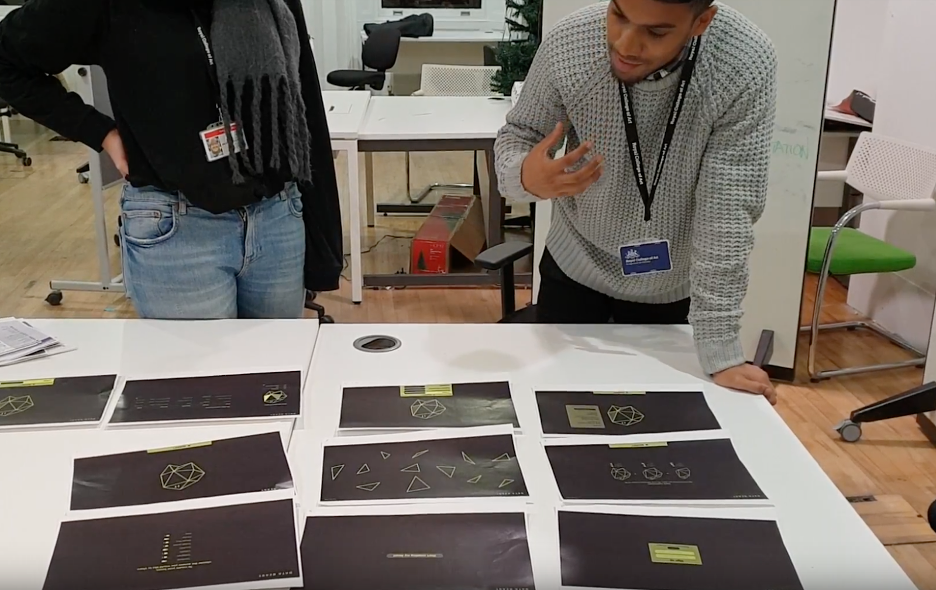
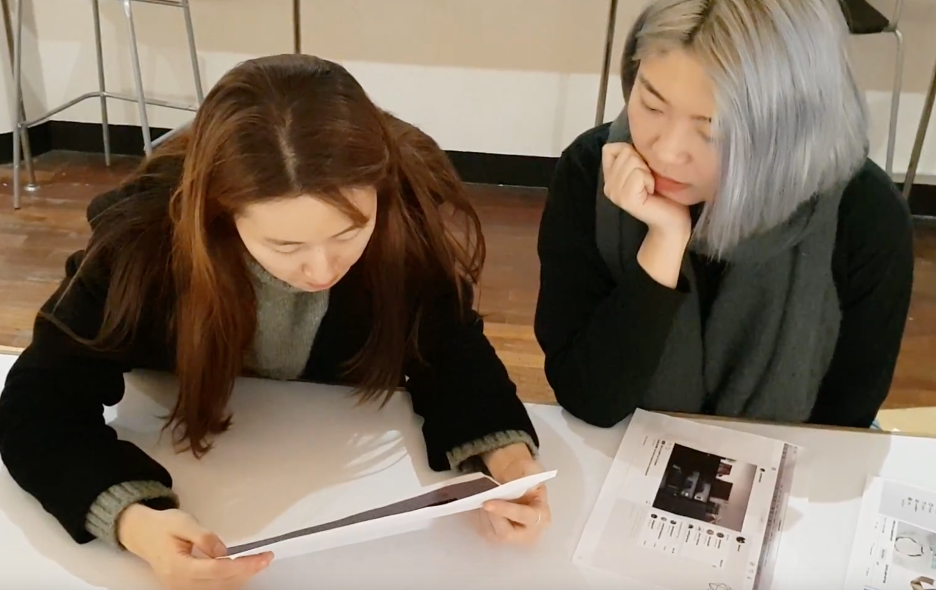
For something that we hear about very frequently nowadays, data privacy remains a very intangible topic. And how can we even begin to think about protecting our personal online data if we don’t even know even know it is? We sought to find out how much people currently know about the way their data is shared online and how they felt about it. Unsurprisingly, we discovered that the majority of people are very concerned with how their personal information is shared online. Despite this concern, most people do not feel as if they are in a position to do anything about it. We designed Data Beast as a playful way for people to get an idea of how what their digital footprint looks like and feel that they have the ability to change it if they desire.
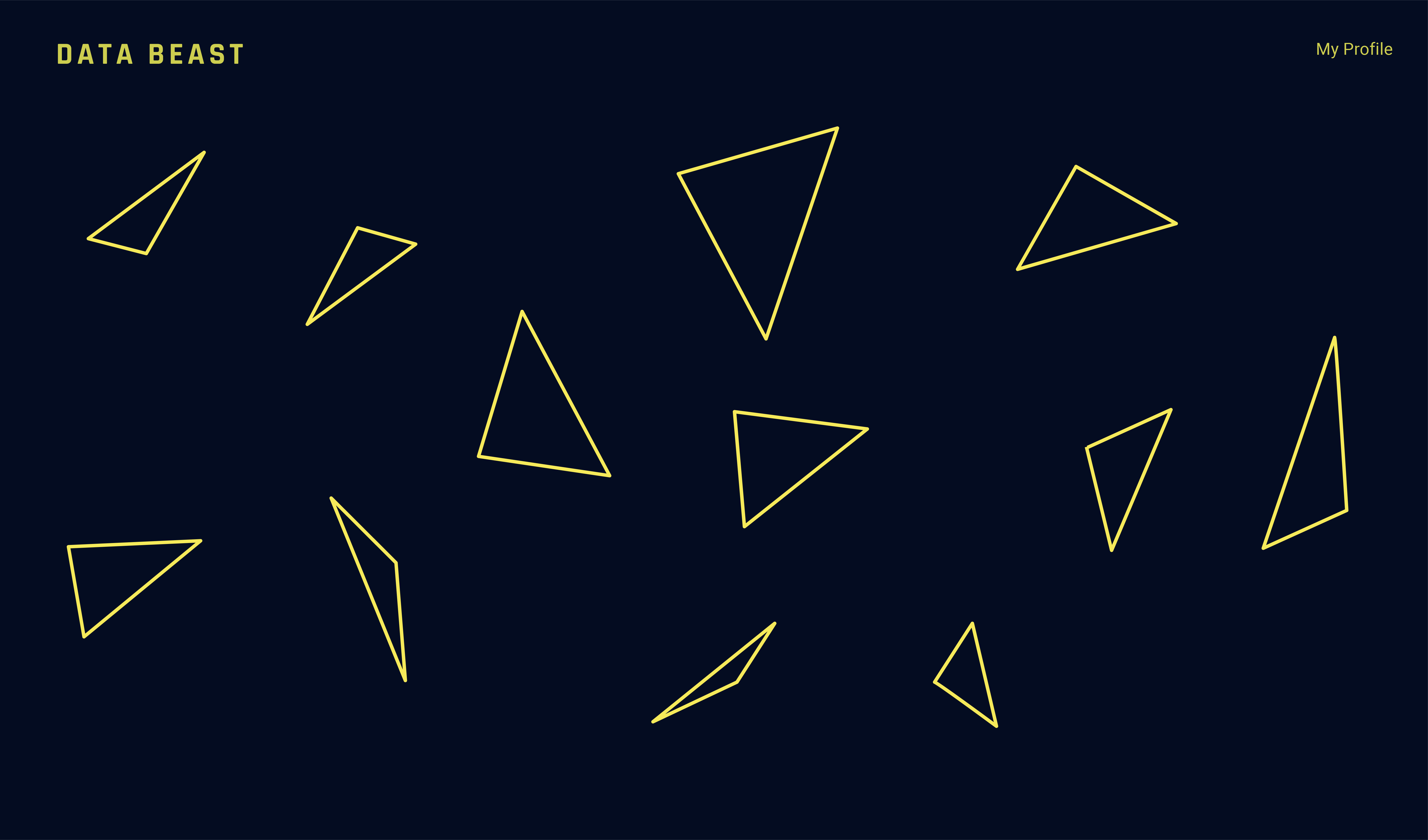
Data Beast is a visualization tool that provides you with an illustration of your online data. Your beast is a representation of your digital identity, and is made up of several pieces, such as your demographic information, interests, and location record. It tells you how your online data is being shared, and it will continuously change according to the amount of data in each category that you generate. Additionally, Data Beast is a platform for you to trade your information anonymously. Data Beast connects you with non-profit organizations who have partnered with large companies to purchase your data by ordering some of their services, such as a free Netflix subscription. The goal of Data Beast is that we might go into the future with a stronger understanding of and ability to control our digital identity.
Data Beast highlighted that today we are often just as defined by our actions online as we are by our actions in the real world, but unfortunately our digital identity feels as if it is out of our control. It seems almost impossible to understand our image online, so people are looking for and appreciate things that give them a glimpse of what it looks like. Additionally, this project illustrated that it can be effective to incorporate a certain degree a playfulness in design as this can help the user better connect with the solution.
